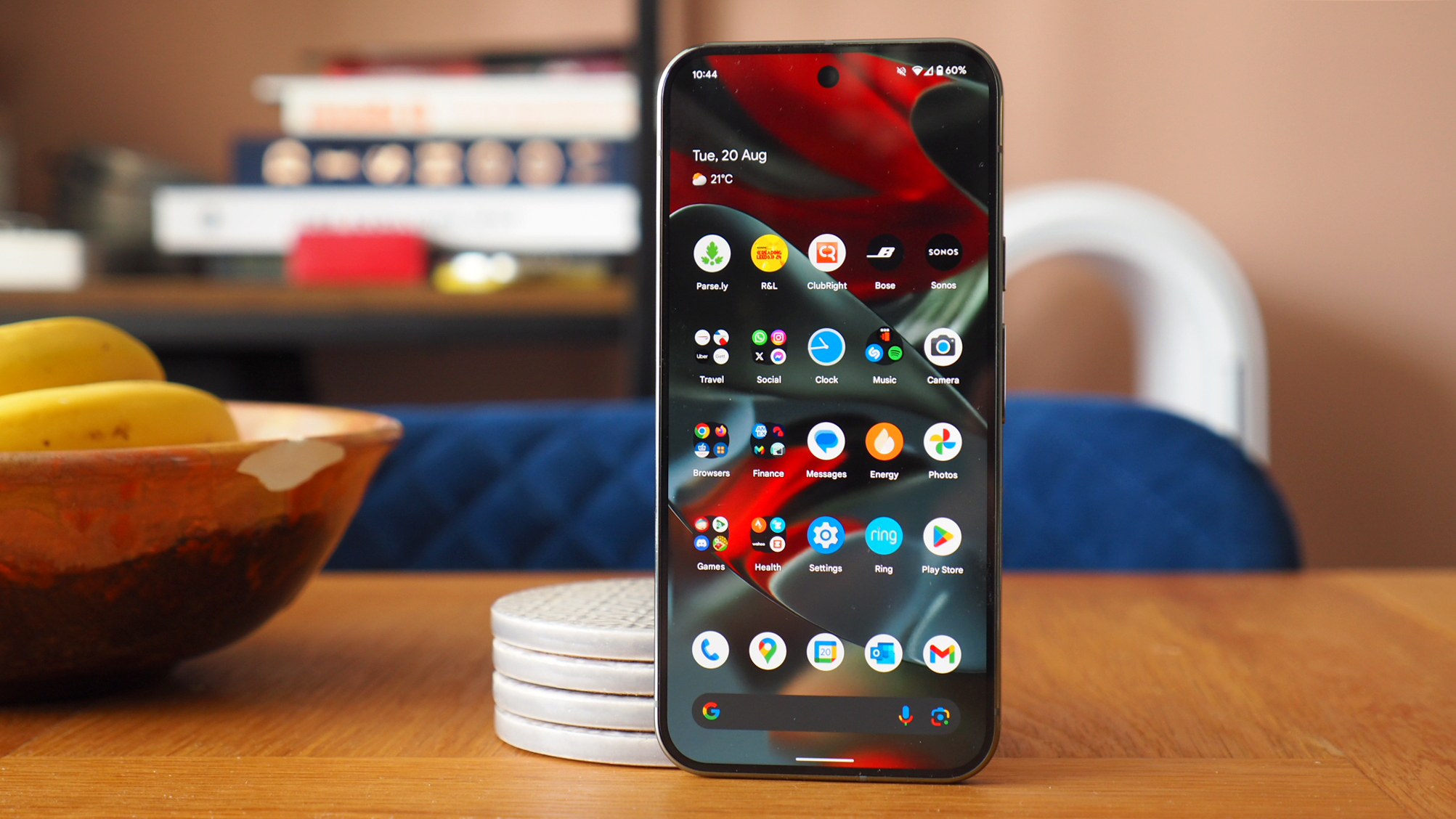Google’s app store ruled “illegal” – could change your access to Android apps forever
A court verdict could mean huge changes to Android


Quick Summary
The ongoing Epic versus Google court case has ended and the judge has declared Google's Play app store an "illegal monopoly".
Google must now make massive changes to how it allows apps to be distributed.
A US court case could have far-reaching effects on everybody's Android phones. The case, Epic v Google, has ended with a judge stating that Google's Android app store is an "illegal monopoly", and that it must open it up for competition for a three year period.
Google doesn't have to make the changes immediately; it's got a few months. And this is a US court, so Google may take a different approach in other countries. But, this could be one of the most significant shake-ups in Android's history and it's going to have a huge effect on how people get their Android apps.
Why is Google's Android app store illegal?
Judge James Donato has ruled that the way Google runs the Play app store is anti-competitive and that the firm illegally tied its payment system to the app store.
Now, Google must stop demanding developers use Google Play Billing for their apps; must let developers tell customers about alternative payment methods; and must let Android developers link to downloads outside the Play store.
Not only that, but Google must now include third-party app stores in the Play Store itself. It must also give those app stores full access to the entire catalogue of Google Play apps unless developers choose not to be included.
Essentially, the judge has taken a wrecking ball to Google's walled garden. The verdict also says that Google can't offer incentives for app developers to make their apps Play Store exclusive, initially or permanently; can't offer developers money or other inducements to keep their apps off rival stores; or offer device makers incentives not to preinstall rival app stores.
The intention here is to make Google's platform much more open and deliver improved competition and lower prices. As to how that will actually happen, we don't know yet.
Get all the latest news, reviews, deals and buying guides on gorgeous tech, home and active products from the T3 experts
The judge has given Google eight months to come back with a system, in co-operation with Epic Games, for the court to then approve.
This is a very different judgement to a similar case against Apple, again from Epic Games: Apple largely won that case, although its App Store has had to comply with competition regulation in Europe.
Google will no doubt appeal the verdict and hope for a similar resolution, but victory is definitely not guaranteed.
Writer, musician and broadcaster Carrie Marshall has been covering technology since 1998 and is particularly interested in how tech can help us live our best lives. Her CV is a who’s who of magazines, newspapers, websites and radio programmes ranging from T3, Techradar and MacFormat to the BBC, Sunday Post and People’s Friend. Carrie has written more than a dozen books, ghost-wrote two more and co-wrote seven more books and a Radio 2 documentary series; her memoir, Carrie Kills A Man, was shortlisted for the British Book Awards. When she’s not scribbling, Carrie is the singer in Glaswegian rock band Unquiet Mind (unquietmindmusic).
